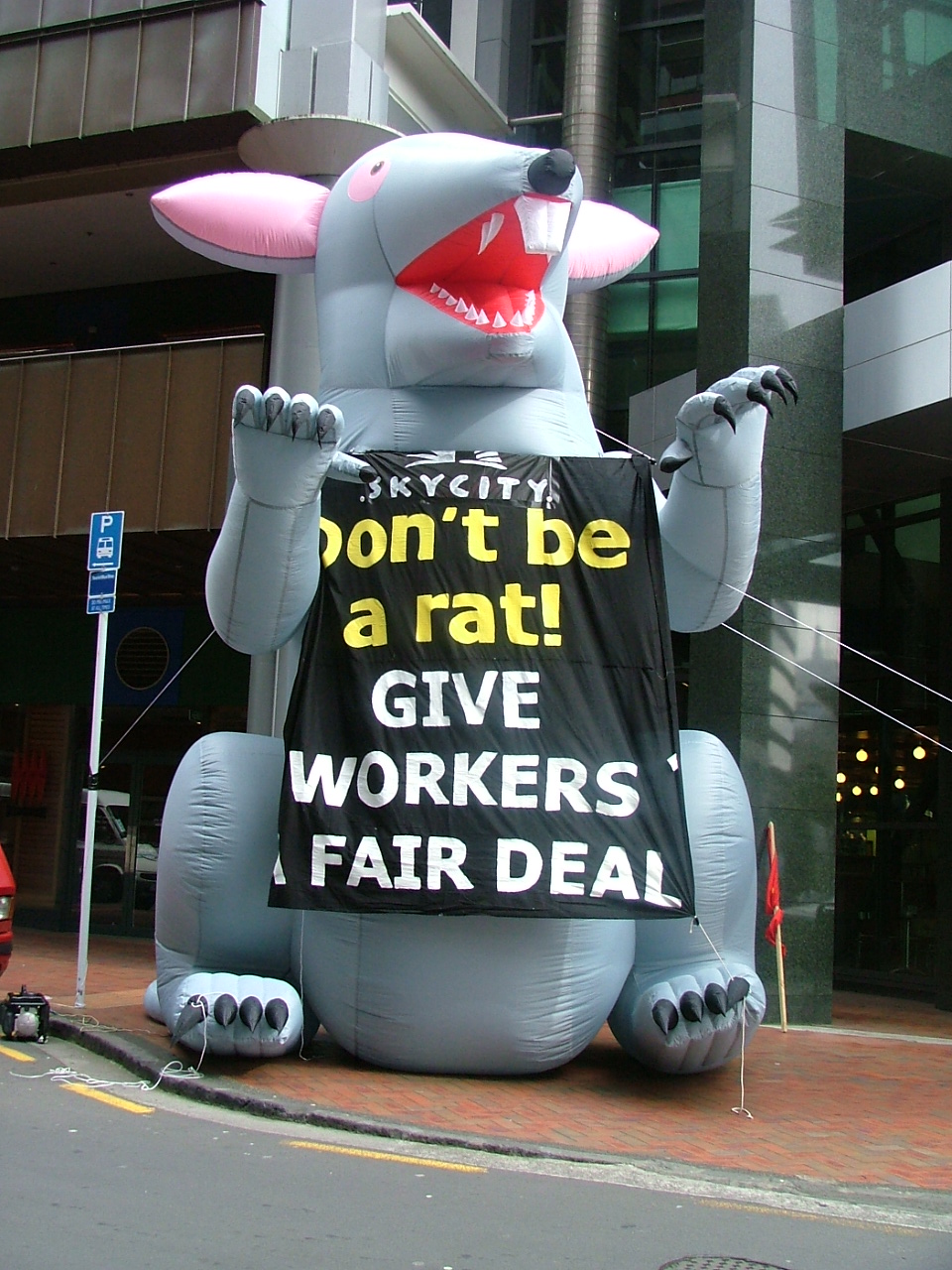By Don Franks
In a press release on 4 June 2009 the New Zealand Council of Trade Unions deplored the Government’s removal of the minimum wage protection for workers on the Recognised Seasonal Employer (RSE) scheme.
“There have been significant examples of unauthorised and unfair deductions from RSE workers’ pay even under the existing regulations,” said Wagstaff. “Relaxing the minimum wage rule will only result in more blatant exploitation of already vulnerable workers as unscrupulous employers shift costs onto them.”
“Allowing employers to make deductions which will reduce pay rates below the minimum of $12.50 per hour will significantly increase exploitation of RSE workers and undermine the credibility of the scheme”, said CTU Vice-President Richard Wagstaff.
Richard Wagstaff is dead right about the exploitation, but from a workers point of view, RSE has no credibility to be undermined.
The New Zealand Labour Department says:
“The RSE scheme facilitates the temporary entry of overseas workers, mainly from the Pacific, to plant, maintain, harvest and pack crops in the horticulture and viticulture industries to meet labour shortages in order to remain competitive with the rest of the world.” Continue reading “New Zealand government’s RSE scheme: “Brutal racist oppression””





